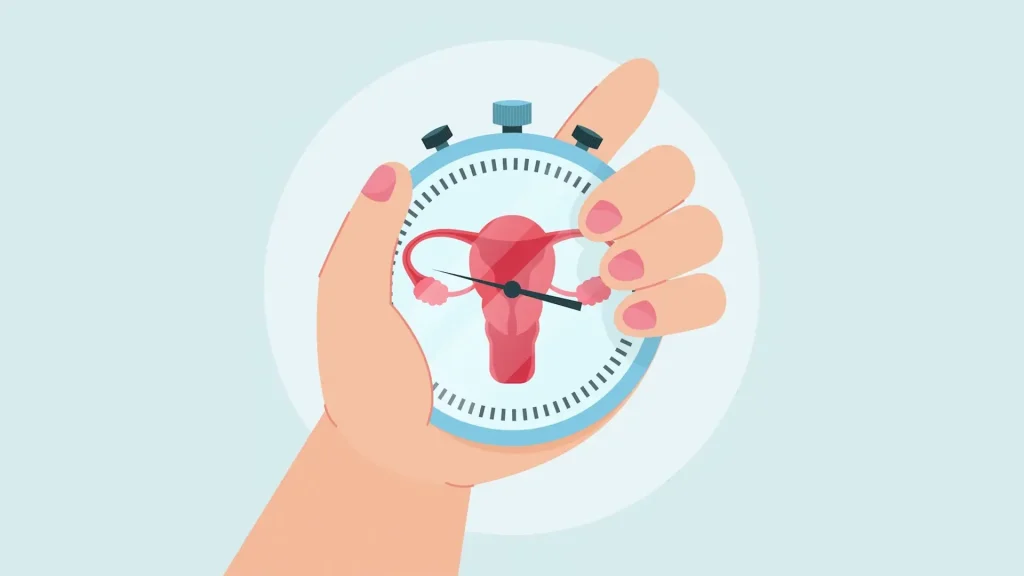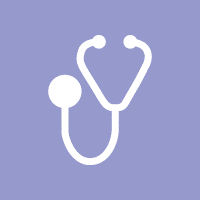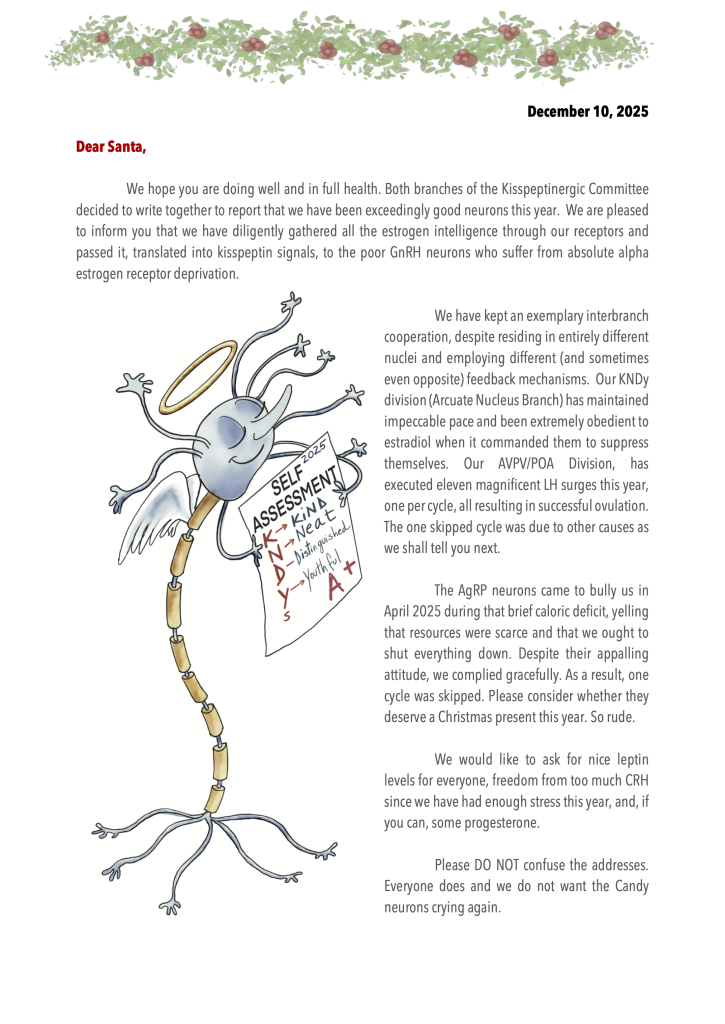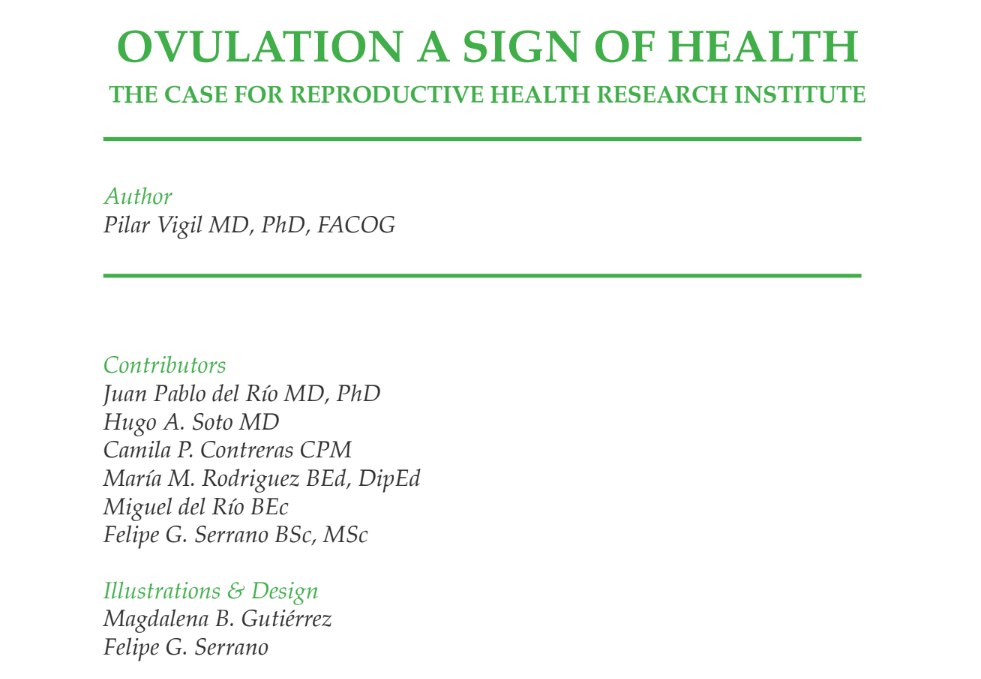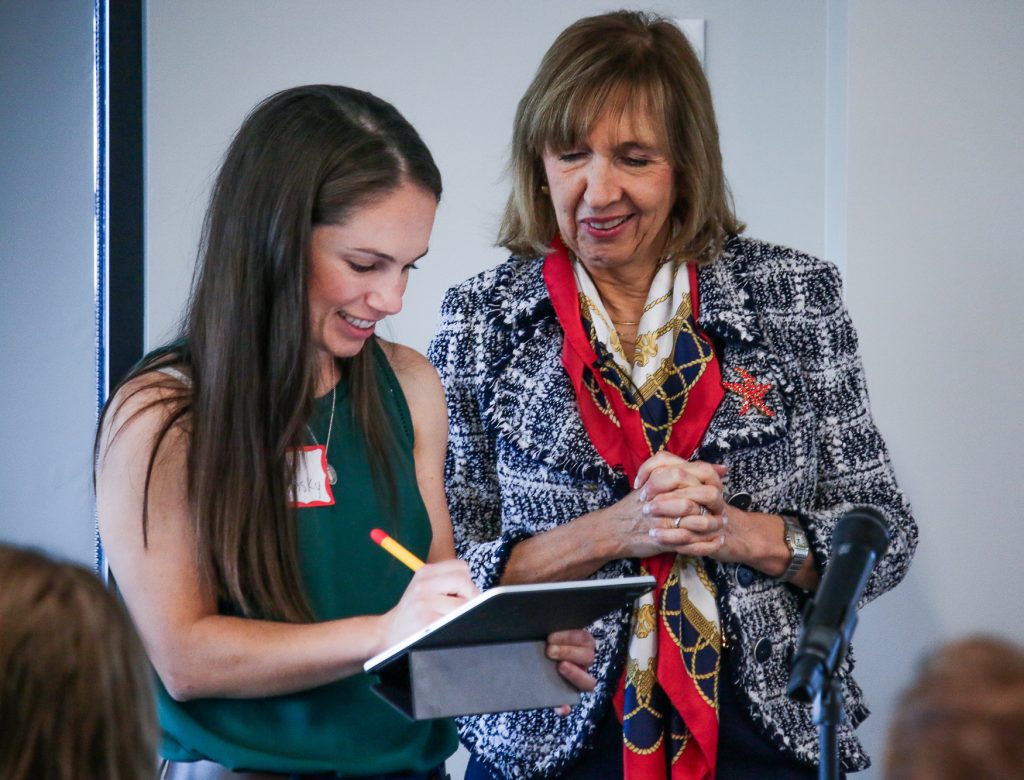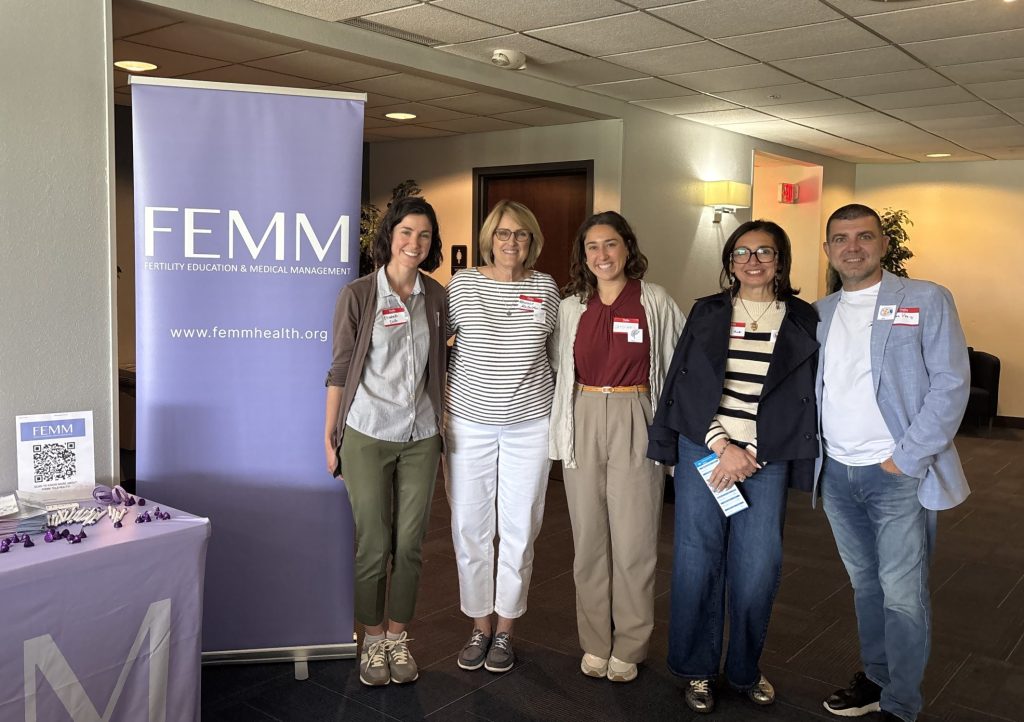Teen Health in America is Underserved
For many teens, the reproductive system is mysterious, embarrassing, even scary. But it doesn’t have to be that way. With the launch of teenFEMM and teenMEN, FEMM now offers a health program to help young people understand their health as they grow to full maturity. Our Grade 6-8 curriculum is now available for individual, school, and group use.
Why teenFEMM?
A health class for teens is nothing new. And yet, there remains a large knowledge gap about fertility and the role that hormones play in both male and female health.
This ignorance is a widespread problem, in both developed and undeveloped countries.
Why is teen health so full of holes?
Take ovulation. For teen girls, identifying the body’s ovulation within two years of the onset of menstruation is important, because ovulation is a sign of overall health and wellness. And yet, surveys have shown that the majority of young people don’t know how to identify when a woman is ovulating. In the United States, a National Survey of Reproductive and Contraceptive Knowledge put the number at just 34 percent.
Not only that, but there is still a great deal of shame and stigma surrounding menstruation. Many girls don’t understand that their period is necessary for a healthy cycle. Cultural norms and health classes fall short in addressing this problem as “these often focus on hygiene—including trying to hide menstruation—and not on physiology and puberty” (FEMM White Paper, 49).
Fertility education isn’t just about achieving or avoiding pregnancy— it’s about maintaining better health, too. Many teens don’t realize how lifestyle factors such as nutrition, weight, and exercise affect their hormones and overall well-being.
Education for teen health has to be scientific and holistic if it’s to be effective.
Teen Health Needs a New Curriculum
Based on decades of research, the teenFEMM and teenMEN programs focus on the physical and emotional changes happening in teens, and encourage them to adopt healthy lifestyles and behaviors.
Our curriculum cuts through the misinformation surrounding fertility and gives teens a solid foundation in anatomy and physiology. The curriculums cover topics such as systems of the body, how the brain controls hormones, the female and male reproductive systems, physical and emotional changes, media and body image, technology use, and more.
Teens will come away with a solid understanding of the connection between their hormones and overall health. Teen girls will learn why and how to create a health record using charting, and understand the concept of ovulation as a sign of health.
The programs are designed to encourage students to share their questions, concerns, and personal experiences. As one teacher put it, “I’ve taught science units before, but they can be quite theoretical. teenMEN is really practical and very helpful for what boys are experiencing at this age.”
teenFEMM and teenMEN is revolutionary for teen health because it teaches teens that it’s ok to talk about the changes they’re experiencing in their bodies and that these changes are normal and healthy, not shameful. This approach produces young people who are happier in their bodies.
“TeenFEMM makes me feel better about [myself] and also confident because now I really understand how my body works,” one participant shared.
“Girls who finish teenFEMM are empowered to ask really good questions about their health, to get the information they need for the healthcare they deserve,” a teenFEMM teacher shares. “If we’re equipping younger girls with this knowledge, that’s a whole generation of women who are taking better care of themselves.”
How to Get Started
You don’t need to be a medical professional to serve teen health and teach this curriculum. The teenFEMM and teenMEN programs are for anyone who wants to help teens understand their bodies better—whether that be a parent or a public-school health teacher.
One teacher said, “It was awesome discovering things about human physiology that we didn’t even learn in classes we had taken in high school regarding biology concepts for females.”
FEMM’s online Teacher Portal also provides easy access to the curriculum and ongoing support whenever you need it.
Visit femmhealth.org/teen to learn more and get started!


